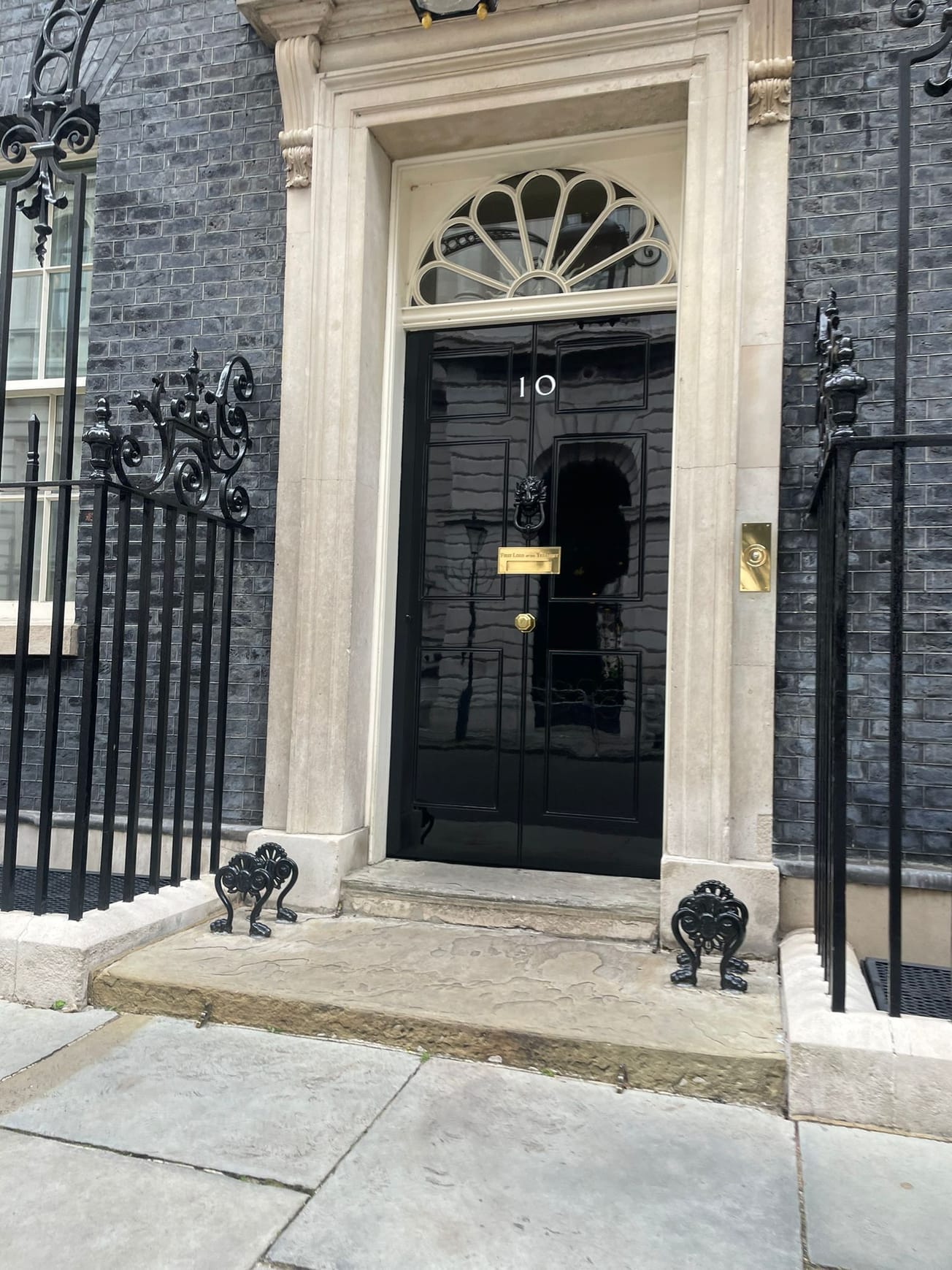By Lottie Keen, 4th Year Comparative Literature
Education Secretary Bridget Phillipson announced today that university tuition fees in England will rise for the first time in eight years. The maximum annual fee will increase by £285 to reach £9,535 next year, a 3.1% rise linked to inflation, according to the government.
Addressing the Commons, Phillipson explained, “With tuition fees frozen, universities have suffered a real-terms decline in income.”
Domestic undergraduate fees have been capped at £9,250 since 2017, but many institutions report financial strain due to high inflation and a decrease in international student enrolments.
Alongside the planned fee increase, maintenance loans for university students in England will now rise in line with inflation, potentially providing students with up to an extra £400 per year.
Additionally, a new fee cap of £5,760 will be introduced in 2025 for certain classroom-based foundation year courses.
Martin Lewis, founder of Money Saving Expert, reassured families that the tuition fee increase should have minimal impact on what most students actually pay each year. However, he emphasised that the stagnation of maintenance loans is a more pressing issue, as these loans have not kept up with inflation.
Lewis urged the government to address this concern, warning, “If not, it is a real risk to social mobility, with those from the poorest backgrounds likely to be worse affected.” Despite the planned rise in maintenance loans, recent figures indicate a decline in the number of disadvantaged students attending university for the first time, raising further concerns about social mobility and the government’s response to challenges in the higher education sector.
Phillipson suggested that today’s announcements marks “the start of deeper change” in university policy. She explains that her department is developing proposals for higher education reform, set to be published in the coming months.
She also stresses the need for universities to adapt to technological advancements, enhance teaching quality, and strengthen their connections with local communities. While specific details are still forthcoming, this may signify that the Labour government is beginning to outline its priorities for higher education — with a hint that future funding may be dependent on meaningful reforms.









